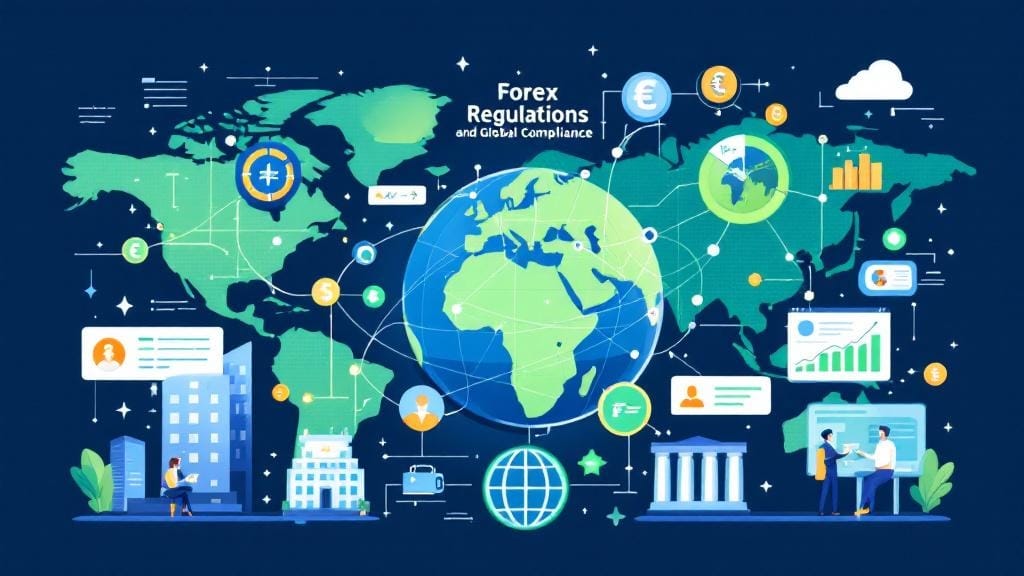Managing debt isn’t just about paying off bills—it’s about regaining control, improving your financial health, and building a secure future. Whether you’re dealing with credit card debt, personal loans, or student loans, debt management strategies can make a huge difference in achieving financial freedom.
In this guide, we’ll explore practical and proven debt management strategies that not only reduce your financial burden but also set the stage for long-term stability and peace of mind.
What Is Debt Management?
Debt management is the process of organizing, prioritizing, and systematically repaying your debts to improve your financial health. It often involves budgeting, negotiating with creditors, and choosing the best repayment method for your situation.
Many people confuse debt management with simply paying bills—but true financial management for debt goes deeper. It’s about making smart decisions, leveraging expert tools, and choosing plans that align with your goals.
Why Is Debt Management So Important?
Let’s face it: debt affects more than just your wallet. It can impact your credit score, increase stress, reduce your quality of life, and delay your financial dreams.
With the right strategies, you can:
-
Reduce interest payments
-
Avoid late payment penalties
-
Protect your credit score
-
Prevent debt from going to collection agencies
-
Regain peace of mind
Top Debt Management Strategies That Actually Work
Here are the most effective strategies to regain control of your finances:
1. Create a Realistic Budget (And Stick to It)
Budgeting is the cornerstone of effective debt repayment strategies.
🧰 Use Tools Like:
-
Mint
-
YNAB (You Need a Budget)
-
GoodBudget
Track income and expenses. Allocate funds for monthly payments, essentials, savings, and debt.
Pro Tip: Include a line item for emergency savings. Even a small cushion can keep you from adding new debt during a crisis.
2. Prioritize High-Interest Debt First (Avalanche Method)
This strategy focuses on paying off the debt with the highest interest rate first—usually credit cards.
Why It Works:
-
You pay less in total interest
-
You get out of debt faster
Also consider the Snowball Method: pay off the smallest debt first for quicker wins and motivation.
3. Consider a Debt Management Plan (DMP)
A debt management plan is offered by credit counseling services and helps consolidate your unsecured debts into one manageable payment.
Benefits of a DMP:
-
Lower interest rates
-
Waived late fees
-
Structured monthly payments
-
Expert guidance
Real-Life Example: Sarah, a school teacher, joined a DMP and went from juggling 6 credit cards to making a single payment, reducing her interest rate from 21% to 8%.
4. Explore Debt Consolidation
Debt consolidation combines multiple debts (like credit cards, medical bills, or personal loans) into one loan, often with a lower interest rate.
Options Include:
-
Personal loans
-
Balance transfer credit cards
-
Home equity loans (if you own property)
This helps reduce monthly payments and simplifies your finances—but beware of fees or higher long-term costs.
5. Use Credit Counseling Services
If you’re overwhelmed or unsure where to start, credit counseling services can help. These are nonprofit organizations that provide:
-
Free financial assessments
-
Help with budgeting tools
-
Access to debt relief programs
-
Guidance on debt repayment plans
Make sure to choose a certified and reputable agency (e.g., NFCC-accredited).
6. Consider Debt Settlement Options
Debt settlement involves negotiating with creditors to accept a lower amount than what you owe.
Pros:
-
Reduce total debt owed
-
One-time lump payment clears the account
Cons:
-
Can hurt your credit score
-
May incur tax implications
-
Doesn’t always work
Only consider this option if you’re already behind on payments and other strategies haven’t worked.
7. Negotiate With Creditors Directly
Sometimes, debt negotiation services aren’t needed—you can negotiate yourself.
Ask creditors to:
-
Lower your interest rate
-
Waive late fees
-
Offer hardship plans
Be honest about your financial situation. Lenders often prefer partial payment to no payment at all.
8. Stay Ahead of Due Dates
Missing payments can trigger late payment penalties, increase your interest rate, and hurt your credit.
Set up:
-
Auto-pay for minimums
-
Alerts for due dates
-
A debt calendar
Even small efforts here can protect your credit score improvement journey.
9. Build Financial Literacy
The more you understand about money, the better decisions you make. Educate yourself on:
-
Interest rates
-
Budgeting
-
Unsecured debt vs. secured debt
-
Credit scores
Pro Tip: Free resources like Khan Academy, Investopedia, and government portals offer trusted and easy-to-understand guides.
10. Create a Long-Term Financial Plan
Debt management isn’t a one-time fix—it’s part of your overall financial freedom journey.
Include:
-
Emergency savings fund (3–6 months of expenses)
-
Retirement savings goals
-
Regular credit checks
-
Review of debt every 6 months
Make it a habit, not a hustle.
Common Mistakes to Avoid in Debt Management
Avoid these pitfalls that can sabotage your progress:
-
Only making minimum payments
-
Taking on new debt before clearing old ones
-
Ignoring your credit report
-
Skipping financial reviews
-
Relying on payday loans
When to Seek Professional Help
You might need expert help if:
-
You’re behind on multiple accounts
-
Collection agencies are contacting you
-
You’re using credit cards for basic needs
-
Your stress about debt affects your health
In these cases, look into credit counseling, debt management plans, or even debt relief programs.
FAQs: Debt Management Questions Answered
1. What is the best way to manage credit card debt?
Start with a budget, then use either the avalanche or snowball method. Consider a debt consolidation loan or a balance transfer card with a 0% intro APR for faster progress.
2. How can I lower my interest rates on debt?
Call your lenders and ask. Many will reduce rates if you’ve been a good customer. Alternatively, consider credit counseling services or debt negotiation services.
3. What’s the difference between debt settlement and a debt management plan?
A debt management plan is structured repayment with lower rates, while debt settlement involves paying less than you owe in a lump sum. Settlement often hurts your credit more.
4. Can budgeting tools really help with debt?
Yes! Budgeting tools help track spending, set goals, and identify waste. Apps like YNAB or Mint make debt tracking easier and help maintain monthly payments on time.
5. Are debt relief programs legit?
Many are, but you need to research. Stick with government-recognized or nonprofit organizations. Watch for upfront fees or guarantees to “erase” debt.
6. How does managing debt improve my credit score?
Making on-time payments, lowering your credit utilization ratio, and reducing total debt all help. A solid debt repayment strategy directly boosts your credit score improvement.
7. What are unsecured debts, and why do they matter?
Unsecured debt includes credit cards and personal loans—not backed by collateral. These often carry higher interest and are a priority in debt management plans.
Conclusion: Take Control of Your Debt Today
Debt management is not about being perfect—it’s about being proactive. Whether you’re drowning in credit card balances or just looking to pay down a loan faster, there are real, effective tools and strategies available.
From creating a smart budget to exploring debt consolidation, credit counseling, and debt settlement options, every step you take moves you closer to financial freedom.
Remember: it’s not about how much debt you have—it’s about how committed you are to taking action.








Comments (0)